UN experts demand probe into alleged MBS hacking of Washington Post owner’s phone
Independent United Nations rights experts have called for an investigation into the involvement of Saudi Crown Prince Mohammad bin Salman into the hacking of the phone of Jeff Bezos, the owner of the Washington Post for which murdered journalist Jamal Khashoggi was writing a column.
The UN experts cited a forensic analysis that showed that Bezos's phone was hacked on May 1, 2018 with an MP4 video file sent from a WhatsApp account belonging to Saudi Crown Prince Mohammad bin Salman.
"The alleged hacking of Mr Bezos's phone, and those of others, demands immediate investigation by US and other relevant authorities," UN Special Rapporteurs Agnes Callamard and David Kaye said in a statement in Geneva on Wednesday.
Callamard, the special rapporteur for extra-judicial killings, and Kaye, special rapporteur for free expression, said they were "gravely concerned".
"The information we have received suggests the possible involvement of the Crown Prince in surveillance of Mr Bezos, in an effort to influence, if not silence, The Washington Post's reporting on Saudi Arabia," the experts wrote.
The experts said any investigation into the alleged incident should also look at the "continuous, multi-year, direct and personal involvement of the Crown Prince in efforts to target perceived opponents".
The hacking reportedly took place months before the murder of the Saudi dissident journalist Khashoggi at Riyadh's consulate in Istanbul.
Referring to the circumstances and timing of the hacking incident, the UN experts said the it gave grounds for further investigation into "allegations that the Crown Prince ordered, incited, or, at a minimum, was aware of planning for" the operation to kill Khashoggi.
Khashoggi, a former advocate of the Saudi royal court who later became a critic of bin Salman, was killed after being lured into the Saudi consulate in Istanbul on October 2, 2018, and his body was dismembered by a Saudi hit squad.
The Saudi government initially claimed Khashoggi left the consulate on that day, but Riyadh later said that, after a thorough investigation into the case, it had reached the conclusion that he had been killed by a “rogue” group and not by direct order from the crown prince, who is seen as the de facto ruler of the Arab kingdom.
The Washington Post reported in November 2018 that the CIA had concluded that bin Salman had ordered the killing. Furthermore, an investigative team led by the United Nations also said it believed MbS was the prime suspect in the state-sponsored murder. Washington has refused to formally implicate Mohammed, however.
Hackers used Israeli spyware
The forensic analysis -- which reportedly had been commissioned by Bezos and which the rapporteurs considered credible – said that Bezos's phone saw an "unprecedented exfiltration" of 126 MB of data, hours of receiving the video file. This continued undetected over a period of "some months" with rates of as much as 4.6 GB higher than the baseline.
The analysis added that the crown prince sent WhatsApp messages to Bezos in November 2018 and February 2019 in which he disclosed information about Bezos's personal life that was not available from public sources.
It also suggested that the hackers may have used a type of spyware used in other Saudi surveillance cases, such as the Pegasus-3 malware. The Israeli English-language Haaretz daily newspaper said in a report that Israeli cyberarms firm, NSO Group, offered Pegasus 3 technology to high-profile Saudi officials back in 2017.
Riyadh rejected as "absurd" the allegation that the kingdom hacked Amazon boss Bezos’s phone.
"Recent media reports that suggest the Kingdom is behind a hacking of Mr Jeff Bezos' phone are absurd," the Saudi Arabian embassy in Washington wrote in a tweet.
"We call for an investigation on these claims so that we can have all the facts out," it added.
Hezbollah attacks Israeli forces after Lebanese homes blown up
World leaders, states hail ICC arrest warrants for Netanyahu, Gallant
MP: US accountable for possible Israeli 'foolishness' to attack Iraq
VIDEO | Israeli policies strangle Palestinian agriculture, economy
Iran's president offers condolences to Pakistan over terrorist attack
Canada’s Yukon town council at standstill over refusing oath to King Charles
Yemen's Houthi calls for jihad to protect Palestine against Israel
VIDEO | Internal rifts within Israel


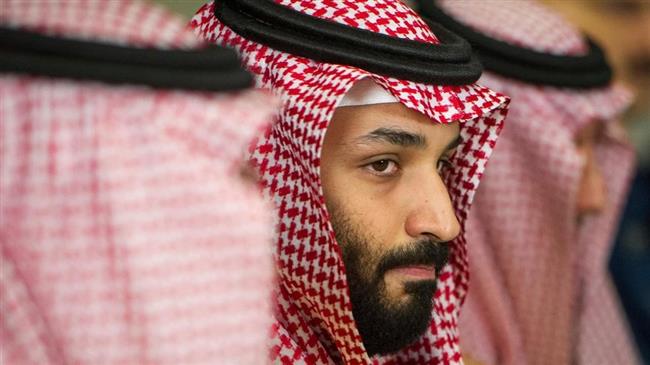

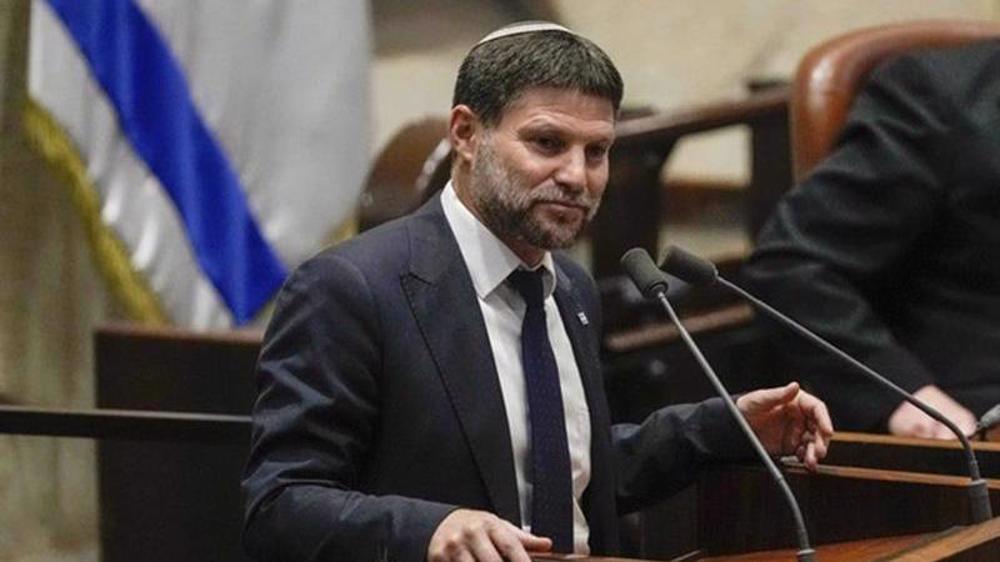
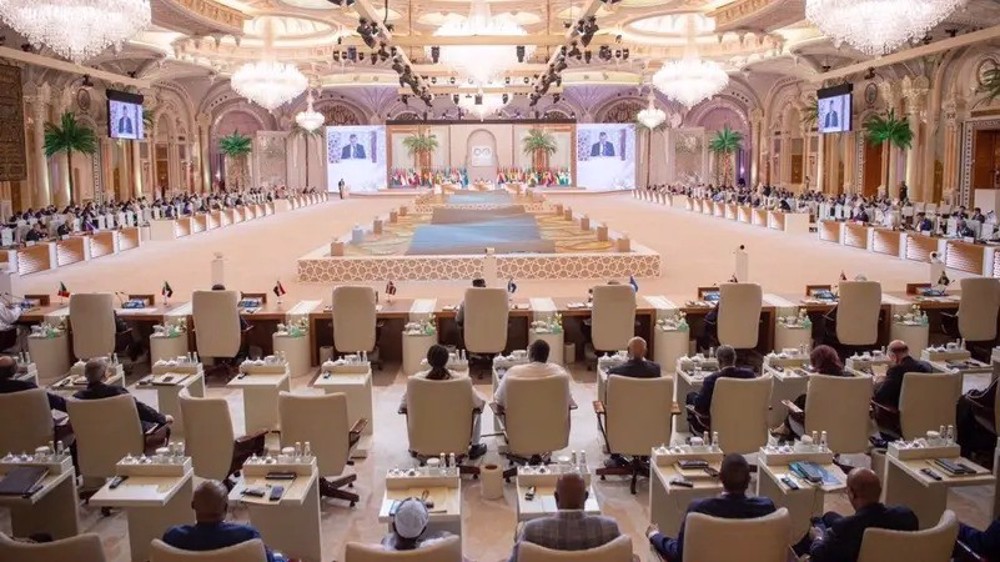



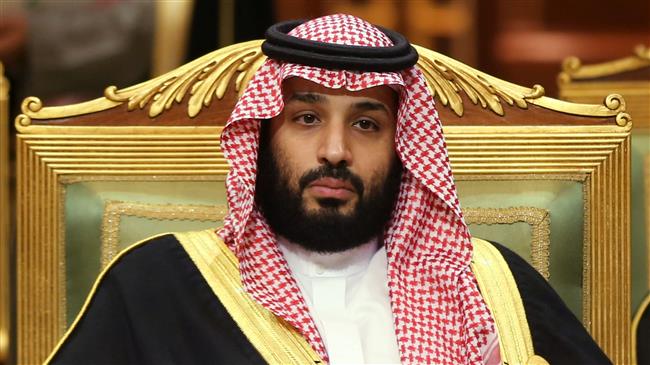
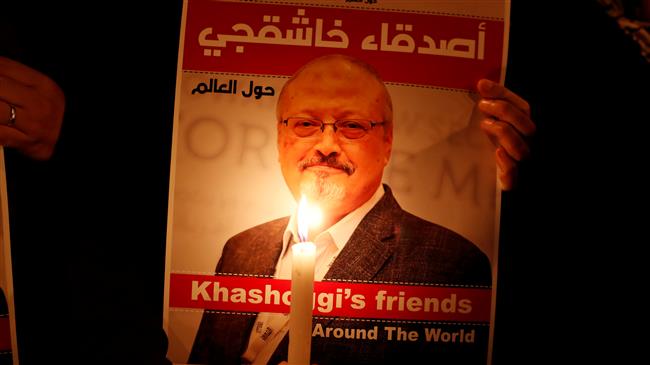
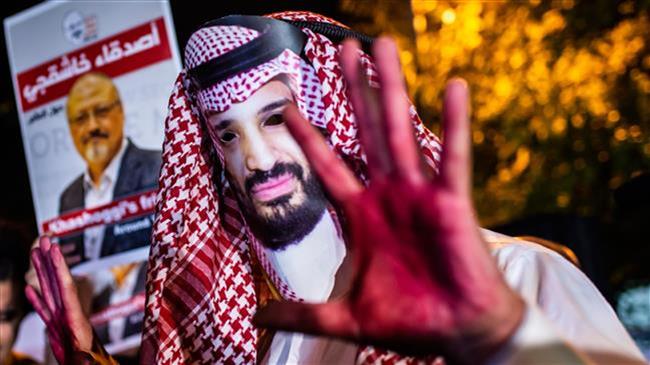

 This makes it easy to access the Press TV website
This makes it easy to access the Press TV website